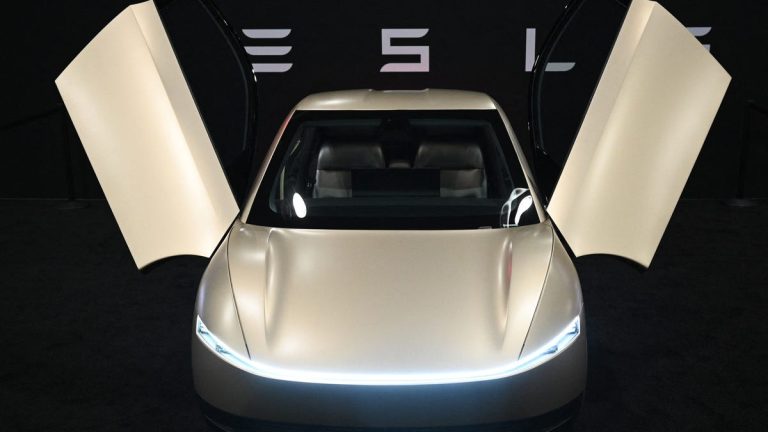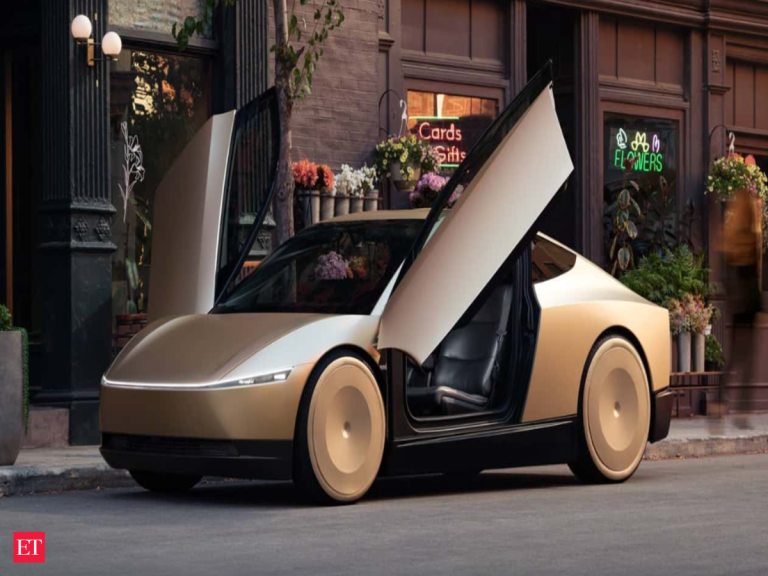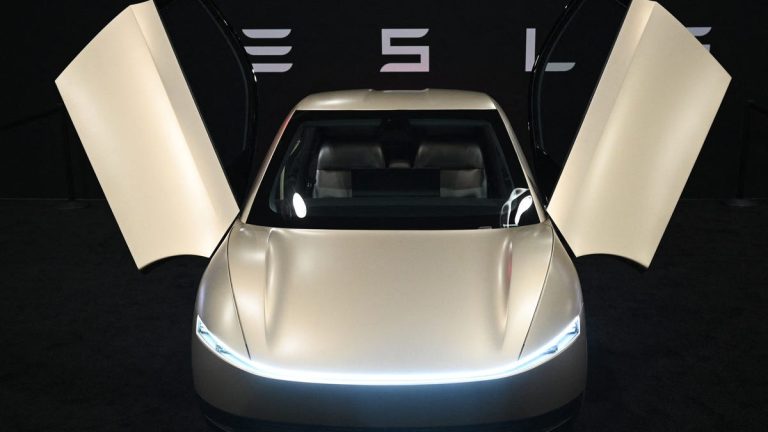Technological Innovations Shaping 2025: A New Era of Possibilities
Technological innovations are transforming the world at an unprecedented rate, and 2025 is expected to be a pivotal year for emerging technologies. From artificial intelligence and blockchain to the Internet of Things and more, these innovations are poised to revolutionize industries and revolutionize the way we live and work.
Artificial Intelligence: The Future of Automation
Artificial intelligence (AI) is one of the most significant technological innovations shaping 2025. AI refers to the development of computer systems that can perform tasks that typically require human intelligence, such as learning, problem-solving, and decision-making. In 2025, AI is expected to become even more ubiquitous, with applications in industries such as healthcare, finance, and transportation.
Blockchain: The Future of Security and Transparency
Blockchain technology is another key innovation shaping 2025. Blockchain refers to a decentralized, digital ledger that records transactions across a network of computers. This technology has the potential to increase security, transparency, and efficiency in a wide range of industries, from finance and healthcare to supply chain management and voting systems.
The Internet of Things: Connecting the World
The Internet of Things (IoT) is a network of physical devices, vehicles, and other items that are embedded with sensors, software, and connectivity, allowing them to collect and exchange data. In 2025, the IoT is expected to become even more pervasive, with applications in industries such as manufacturing, transportation, and smart cities.
5G Networks: The Future of Connectivity
5G networks are the next generation of wireless technology, offering faster data speeds, lower latency, and greater connectivity than their predecessors. In 2025, 5G networks are expected to become more widespread, enabling new applications such as enhanced mobile broadband, ultra-high-definition video streaming, and mission-critical communications.
Extended Reality: Changing the Way We Interact
Extended reality (XR) refers to a range of technologies that are changing the way we interact with the world, including virtual reality (VR), augmented reality (AR), and mixed reality (MR). In 2025, XR is expected to become more mainstream, with applications in industries such as entertainment, education, and healthcare.
Quantum Computing: The Future of Processing Power
Quantum computing is a new paradigm for computing that uses the principles of quantum mechanics to perform calculations. In 2025, quantum computing is expected to become more powerful, enabling new applications such as cryptography, optimization, and simulation.
Biotechnology: The Future of Medicine
Biotechnology is the use of biological systems, living organisms, or derivatives thereof, to develop new products and technologies. In 2025, biotechnology is expected to become more advanced, with applications in industries such as medicine, agriculture, and energy.
Nanotechnology: The Future of Materials Science
Nanotechnology is the study and application of extremely small things, typically on the scale of nanometers. In 2025, nanotechnology is expected to become more widespread, with applications in industries such as materials science, energy, and medicine.





